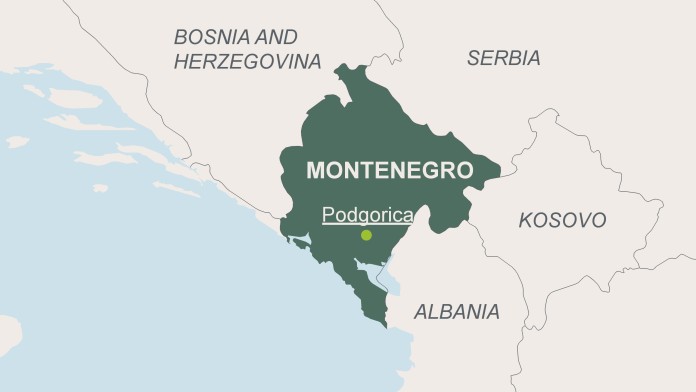
In May 2006, the population of Montenegro voted with a majority of 55.5% for the separation from Serbia. The Montenegrin parliament then declared the independence of the republic. Montenegro covers almost 13,000 square kilometres and is thus half the size of Belgium but has three climate zones. The 623,000 inhabitants are composed of Montenegrins (43%), Serbs (32%), Bosnians (8%) and Albanians (5%).
Germany has been involved in cooperation with Montenegro since 1999 and is one of the most important donor countries. Cooperation aims to support Montenegro in its rapprochement with the European Union.
On behalf of the German Federal Government KfW is cooperating with Montenegro in the following fields:
KfW promotes the energy-efficient refurbishment of public buildings in the social, administrative and school sectors. Under the first two phases of the program “Energy Efficiency in Public Buildings already 36 buildings have been renovated to improve energy efficiency with a volume of around EUR 35 million. A third phase with funding in the amount of EUR 50 million has started in 2021.
KfW is also financing the modernisation of the two hydropower plants Perucica and Piva , which play a central role in Montenegro’s energy supply. In both power plants the machinery, control, measuring and protection equipment is largely outdated. The aim of KfW’s investments is to extend the life of the power plants and to ensure their efficiency.
The improvement of water supply and sewage disposal is a top priority for the Montenegrin government. KfW Development Bank has therefore been promoting the expansion, renewal and construction of the technical infrastructure of five Montenegrin coastal communities (Bar, Herceg Novi, Kotor, Tivat and UIcinj) and in Podgorica since 2001. In addition, the projects supported Montenegro in its rapprochement with environmental and technical standards of the European Union.
As part of the “BMZ 2030” reform strategy, the Federal Ministry for Economic Cooperation and Development (BMZ) is ending bilateral development cooperation with Montenegro. Apart from the projects and measures still in progress, no further commitments are planned.
KfW Office Podgorica
Director KfW Office: Zeljko Uljarevic
Dzordza Vasingtona 23
81000 Podgorica
Montenegro
+38 220 22 81 70
Fax: +38 220 22 82 40